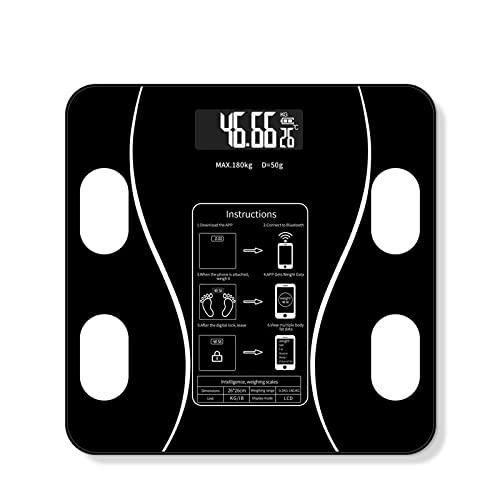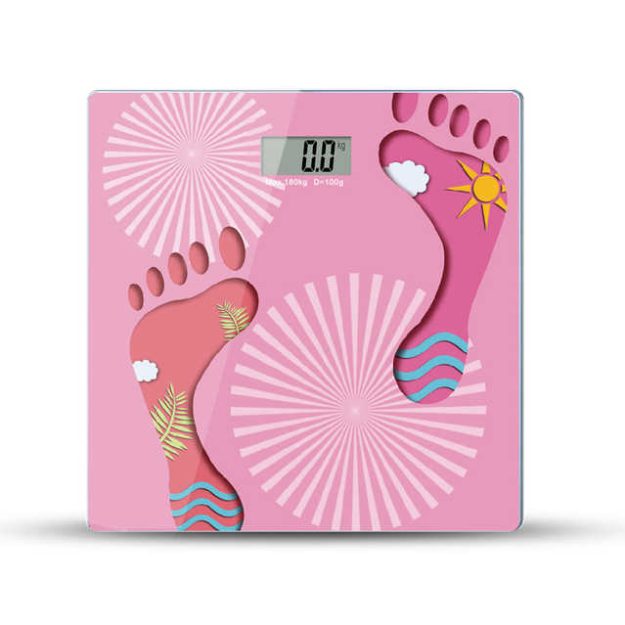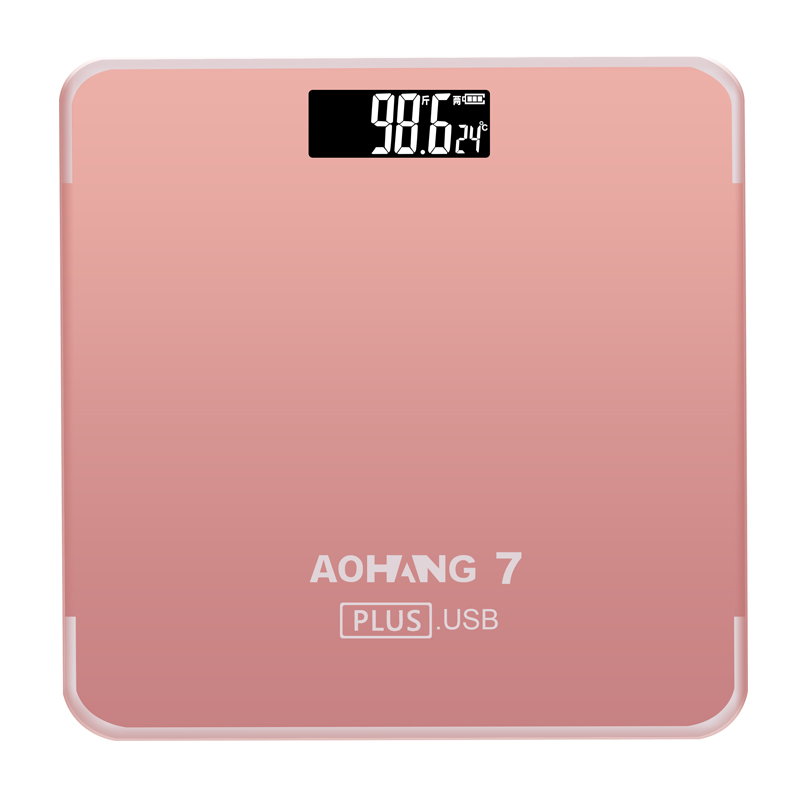Are Mechanical or Digital Kitchen Scales Better? A Comprehensive Comparison, Kitchen scales are indispensable tools for measuring ingredients accurately, whether you’re a home cook, baker, or professional chef. When choosing a kitchen scale, one of the first decisions you’ll face is whether to go for a mechanical scale or a digital scale. Each type has its advantages and drawbacks, and the choice ultimately depends on your specific needs, preferences, and budget. In this guide, we’ll break down the key differences, pros, and cons of mechanical and digital kitchen scales to help you make an informed decision.
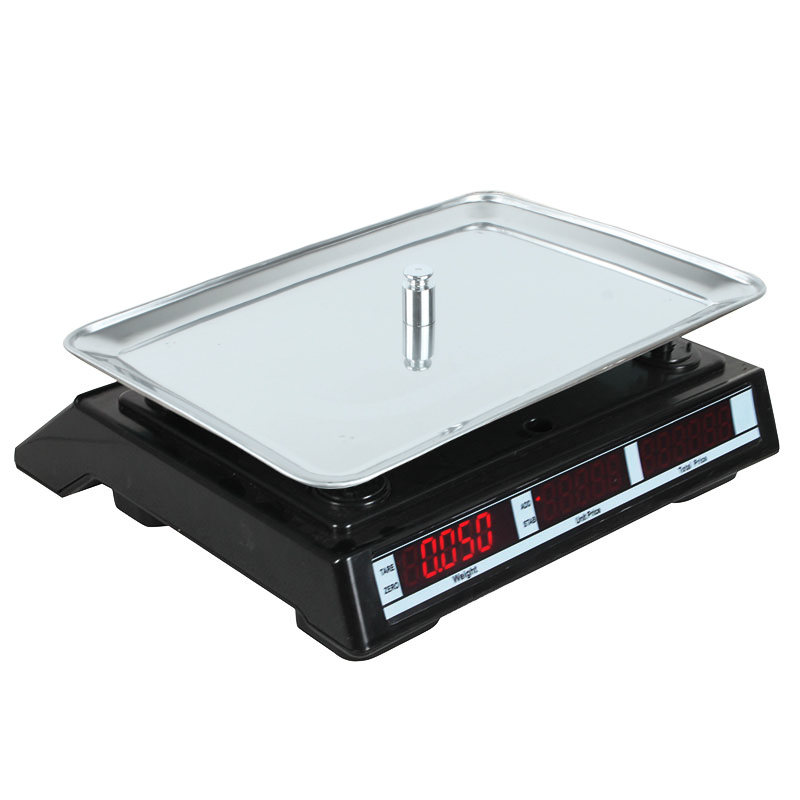
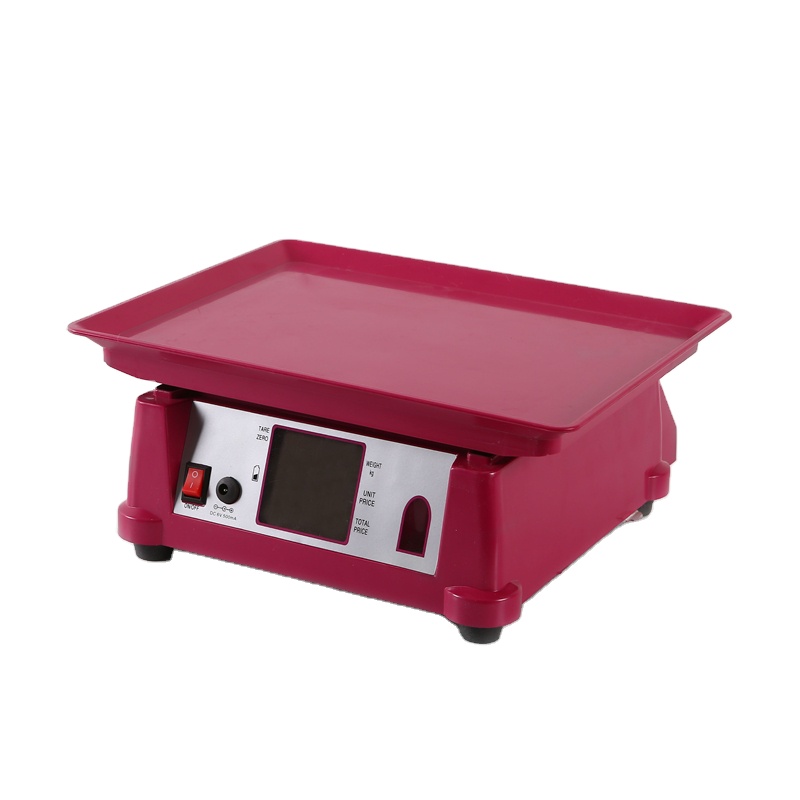
What Are Mechanical Kitchen Scales?
Mechanical kitchen scales use a spring mechanism to measure weight. When you place an item on the weighing platform or in a bowl, the spring compresses, and the weight is displayed on a dial.
Advantages of Mechanical Scales
- No Batteries Required
- Mechanical scales do not need batteries or electricity, making them cost-effective and reliable, especially in areas with limited power access.
- Example: If you’re in a rural area or outdoors, mechanical scales are dependable.
- Durability
- Built with fewer electronic components, mechanical scales are often more robust and can withstand heavy use or accidental drops.
- High Weight Capacity
- Many mechanical scales have a higher weight capacity, making them ideal for bulk weighing tasks such as measuring large bags of flour or sugar.
- Ease of Use
- Mechanical scales are straightforward to use, with no complex settings or buttons.
Drawbacks of Mechanical Scales
- Lower Precision
- Mechanical scales generally offer less accuracy, with a margin of error ranging from 5g to 50g, depending on the model. This may not be suitable for tasks requiring precise measurements, like baking.
- Limited Features
- Mechanical scales lack advanced features such as tare functionality, unit conversion, or memory storage.
- Bulky Design
- These scales tend to be larger and heavier, taking up more space in your kitchen.
What Are Digital Kitchen Scales?
Digital kitchen scales use electronic sensors to measure weight and display the result on a digital screen. They often come with additional features that enhance their functionality.
Advantages of Digital Scales
- High Precision and Accuracy
- Digital scales are designed to measure with incredible accuracy, often down to 1g or even 0.1g. This makes them ideal for baking, portion control, and measuring small quantities of ingredients.
- Advanced Features
- Most digital scales offer useful features such as:
- Tare Functionality: Resets the scale to zero after placing a container on it.
- Unit Conversion: Easily switch between grams, ounces, milliliters, and pounds.
- Auto-Off Function: Saves battery life by turning off after a period of inactivity.
- Most digital scales offer useful features such as:
- Compact and Lightweight
- Digital scales are typically sleek and lightweight, making them easy to store and move around.
- Modern Aesthetic
- With clean lines and LCD screens, digital scales often blend seamlessly into modern kitchens.
Drawbacks of Digital Scales
- Reliance on Batteries or Power
- Digital scales require batteries or an external power source, which may be inconvenient if the batteries run out unexpectedly.
- Fragility
- Digital scales are generally less durable than mechanical scales and can be damaged if dropped or exposed to moisture.
- Weight Limitations
- Most digital kitchen scales have a maximum weight capacity of 5 kg to 10 kg, which may not be sufficient for bulk weighing tasks.
- Price
- Digital scales tend to be more expensive than mechanical scales, especially for models with advanced features.
Key Differences Between Mechanical and Digital Scales
| Feature | Mechanical Scales | Digital Scales |
|---|---|---|
| Accuracy | Moderate (±5g to 50g) | High (as precise as ±0.1g) |
| Capacity | Higher (up to 30 kg) | Moderate (up to 10 kg) |
| Ease of Use | Simple and straightforward | Requires familiarity with settings |
| Power Source | None | Batteries or power adapter |
| Durability | High | Moderate |
| Features | Basic | Advanced (tare, unit conversion) |
| Size | Bulky | Compact and lightweight |
| Price | Affordable | Ranges from affordable to premium |
Which Kitchen Scale is Better for You?
The choice between mechanical and digital kitchen scales depends on your personal needs and the tasks you perform in your kitchen.
Choose a Mechanical Scale If You:
- Need a simple, durable, and reliable scale.
- Frequently weigh large or heavy items.
- Want a scale that doesn’t require batteries or electricity.
- Don’t mind a lower level of precision.
Choose a Digital Scale If You:
- Require precise measurements for baking or portion control.
- Want additional features like tare functionality and unit conversion.
- Prefer a modern, sleek design that fits into your kitchen aesthetic.
- Don’t mind the need for occasional battery replacements.
Why Choose Eagle Weighing Systems for Your Kitchen Scales?
For high-quality kitchen scales in Uganda, Eagle Weighing Systems offers a wide range of options to suit your needs. Whether you’re looking for a durable mechanical scale or a feature-rich digital scale, Eagle Weighing Systems has you covered.
Explore More from Eagle Weighing Systems:
- Shop for Reliable Scales
- Follow Us on Facebook
- Stay Updated on Twitter
- Watch Our Videos on YouTube
- Learn About Our Weighing Solutions
Conclusion
Both mechanical and digital kitchen scales have their strengths and weaknesses, and the best choice depends on your specific needs. Mechanical scales are durable, simple, and reliable, while digital scales offer precision, versatility, and advanced features. Whichever type you choose, investing in a high-quality scale from Eagle Weighing Systems ensures you’ll have a dependable tool to enhance your cooking and baking experiences


